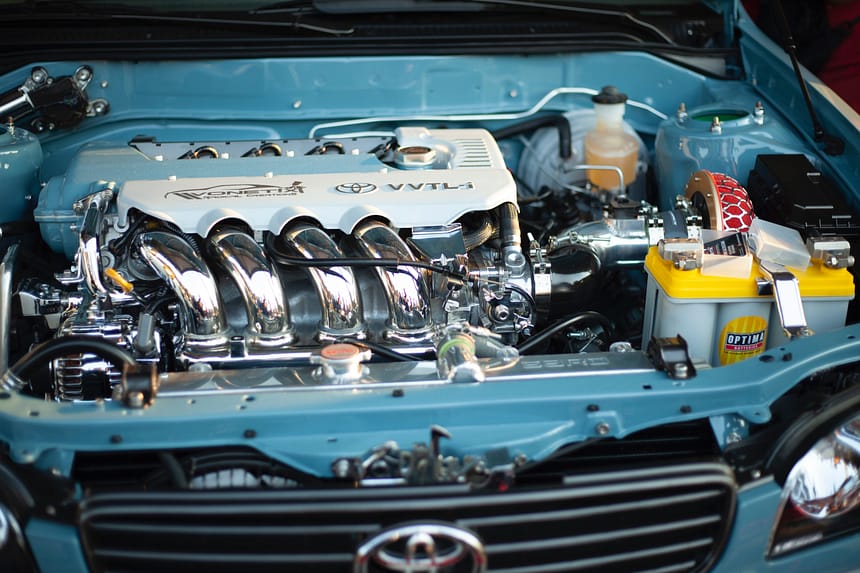Car engines are available in various types, each offering distinct advantages and disadvantages. Understanding these different engine types can help you make an informed decision when purchasing a vehicle or exploring engine upgrades. In this article, we will delve into the pros and cons of some common types of car engines.
Internal Combustion Engines (ICE)
Petrol / Gasoline Engines
Pros:
- Widely available and fueling infrastructure is well-established.
- Generally less expensive to purchase and maintain compared to alternative options.
- Offer good acceleration and higher top speeds.
- Suitable for a wide range of vehicle types, from compact cars to high-performance vehicles.
Cons:
- Lower fuel efficiency compared to other engine types.
- Emission of greenhouse gases and pollutants.
- Requires regular maintenance and tune-ups.
Diesel Engines
Pros:
- Excellent fuel efficiency, especially on highways.
- Higher torque output, providing better towing capabilities.
- Longer engine lifespan due to robust construction.
- Good for long-distance driving and heavy-duty applications.
Cons:
- Higher initial cost and maintenance expenses.
- Higher emissions of particulate matter and nitrogen oxides.
- Limited availability of fueling stations in some regions.
- Slower acceleration compared to gasoline engines.
Hybrid Engines
Pros:
- Improved fuel efficiency compared to conventional gasoline engines.
- Reduced emissions and environmental impact.
- Regenerative braking system helps charge the battery during deceleration.
- Enhanced torque and power delivery due to the electric motor’s assistance.
Cons:
- Higher purchase cost compared to conventional engines.
- Limited all-electric range in plug-in hybrid models.
- Additional maintenance and complexity due to the hybrid system components.
- Battery replacement costs over time.
Electric Engines
Pros:
- Zero tailpipe emissions, contributing to a cleaner environment.
- Quiet and smooth operation.
- Lower operating costs due to cheaper electricity compared to gasoline.
- Instantaneous torque delivery, providing quick acceleration.
Cons:
- Limited driving range compared to internal combustion engines.
- Longer refueling time for full recharging compared to refueling a gasoline vehicle.
- Limited availability of charging infrastructure in some areas.
- Higher purchase price for electric vehicles (EVs).
Rotary Engines
Pros:
- Compact and lightweight design, suitable for sports cars.
- Smooth and high-revving performance.
- High power output for engine size.
- Fewer moving parts compared to piston engines.
Cons:
- Higher fuel consumption and lower efficiency compared to other engine types.
- More challenging to meet emissions regulations.
- Higher maintenance requirements, including frequent oil changes.
- Limited durability and potential for apex seal wear.
Conclusion
Choosing the right car engine type depends on your specific needs, priorities, and budget. Internal combustion engines (gasoline and diesel) offer reliability, widespread availability, and performance, but they come with environmental concerns and lower fuel efficiency. Hybrid engines provide improved fuel economy and reduced emissions but at a higher initial cost. Electric engines offer zero emissions and low operating costs but require charging infrastructure and have range limitations. Rotary engines offer high-performance characteristics but at the expense of fuel efficiency and maintenance requirements.
Consider factors such as your driving habits, environmental impact, fuel economy requirements, and budget when selecting a car engine type. As technology advances, engine options continue to evolve, providing more efficient and sustainable alternatives. Stay informed about the latest advancements to make the best decision for your automotive needs and contribute to a greener future.






